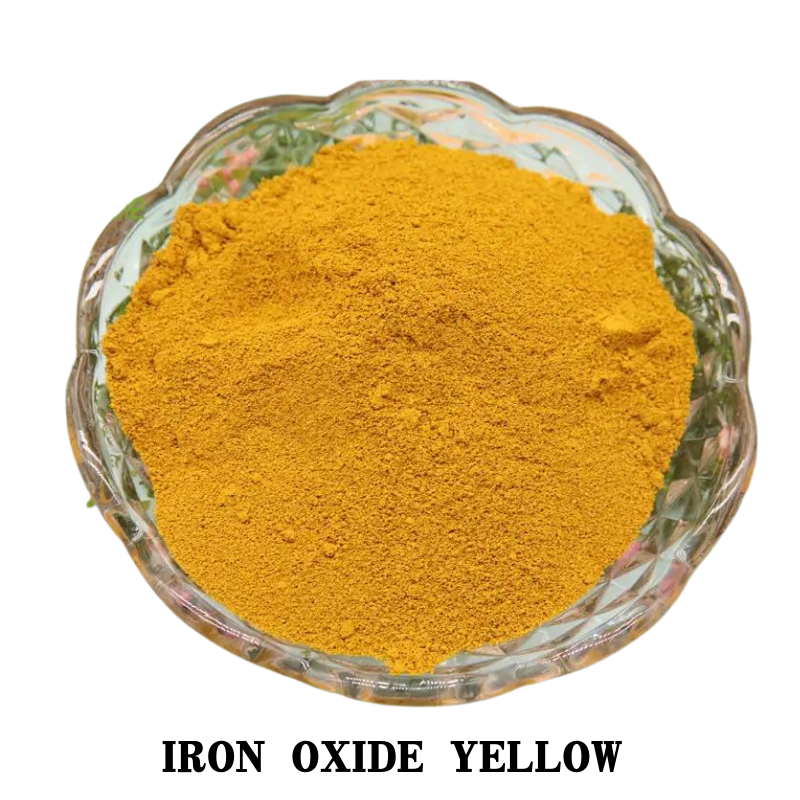
Leading Manufacturers of Calcium Carbonate Powder in China for Industrial Applications and More
The Landscape of Calcium Carbonate Powder Manufacturers in China
Calcium carbonate, a versatile and widely used chemical compound, plays a crucial role in various industries, including construction, plastics, paint, and pharmaceuticals. The increasing demand for high-quality calcium carbonate powder has led to the proliferation of manufacturers in China, a country that has become a global leader in the production of this essential material.
China’s calcium carbonate powder market is characterized by a diverse array of manufacturers, ranging from small-scale enterprises to large industrial producers. These companies leverage the country’s rich natural resources, particularly limestone, which is a primary raw material for calcium carbonate production. The affordability and availability of these resources enable manufacturers to produce calcium carbonate at competitive prices, catering to both domestic and international markets.
One of the key factors contributing to the growth of calcium carbonate powder manufacturers in China is the rapid expansion of various industries that require this material. In the construction sector, calcium carbonate is used as a filler in cement and concrete, enhancing durability and performance. The rise in construction activities, supported by government infrastructure projects and urbanization efforts, has propelled the demand for calcium carbonate products.
Similarly, the plastics industry utilizes calcium carbonate as a filler to reduce production costs and improve the physical properties of plastic products. The growing consumer market for plastic goods—ranging from packaging materials to household items—has created significant opportunities for calcium carbonate manufacturers in China. Furthermore, the paint and coatings industry employs calcium carbonate for its opacity and glossy finish, driving further demand.
china calcium carbonated powder manufacturers

To stay competitive, many Chinese manufacturers invest in advanced technologies and equipment to enhance the quality of their calcium carbonate powder. There is a strong emphasis on producing ultra-fine particles with specific surface areas, which are increasingly sought after by end-users for specialized applications. Innovations in processing techniques, such as wet grinding and surface modification, have also enabled manufacturers to offer a broader range of products tailored to meet strict industry standards.
Environmental considerations have led to a growing trend in sustainable production practices among calcium carbonate powder manufacturers in China. Many companies are exploring eco-friendly methods of mining and processing calcium carbonate, reducing waste, and advancing recycling initiatives. This shift not only aligns with global sustainability goals but also appeals to environmentally conscious consumers.
The competitive landscape of calcium carbonate manufacturers in China has also resulted in intense market dynamics. Manufacturers are continually seeking to differentiate themselves through product quality, customer service, and pricing strategies. Collaboration with research institutions and universities has become common, allowing companies to stay at the forefront of technological advancements and market trends.
Moreover, the increasing trend towards globalization has allowed Chinese manufacturers to expand their reach beyond domestic markets. By establishing partnerships with international distributors and participating in global supply chains, many Chinese companies have successfully penetrated markets in North America, Europe, and Southeast Asia.
In conclusion, the calcium carbonate powder manufacturing industry in China is vibrant and dynamic, fueled by the growing demand from various sectors and a focus on quality and sustainability. With ongoing innovations and a commitment to environmental stewardship, China’s manufacturers are well-positioned to maintain their competitive edge in the global market. As industries continue to evolve, the role of calcium carbonate will remain pivotal, highlighting the importance of this essential material in modern manufacturing and production processes.
Share
-
Premium Resin Coated Sand - High Heat Resistance CastingNewsJul.31,2025
-
High Quality Silicon Carbide Grit for Abrasive ApplicationsNewsJul.30,2025
-
High-Quality Ceramsite for Plants & Gardening | Lightweight PebblesNewsJul.29,2025
-
Premium Burgundy Glass Marbles for Vases & Shooter GamesNewsJul.29,2025
-
High Purity Quartz Sand for Industrial and Ground ApplicationsNewsJul.29,2025
-
High-Quality Barite Powder for Drilling & Industrial UseNewsJul.29,2025






